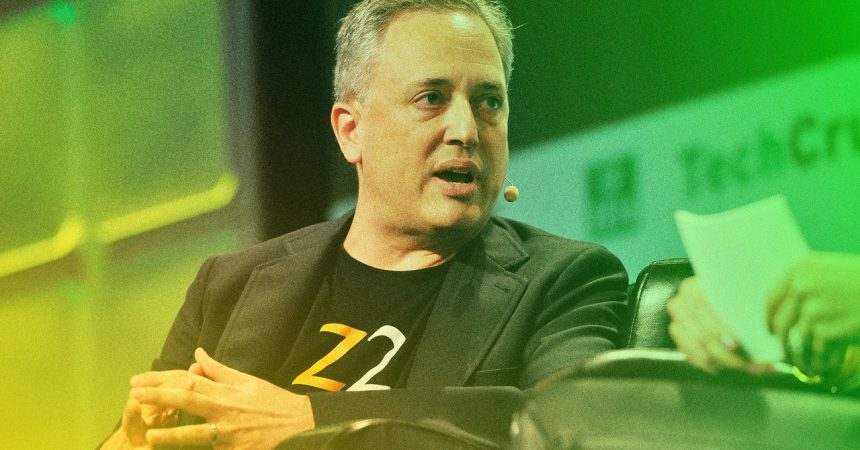David Sacks, a prominent figure in Silicon Valley and the venture capital world, has been appointed by Donald Trump to lead a yet-to-be-defined role focusing on technological innovation, tentatively dubbed the “technology czar.” The specifics of Sacks’s position remain unclear, particularly whether he will serve as a dedicated government employee or maintain his private sector involvements as a “special government employee.” This ambiguity has fueled speculation regarding potential conflicts of interest, given Sacks’s extensive venture capital portfolio, which includes investments in prominent tech and cryptocurrency companies.
Sacks’s background is deeply rooted in the tech industry, having been an early employee at PayPal, working alongside notable figures like Elon Musk and Peter Thiel. He further solidified his entrepreneurial success with the sale of his workplace software company, Yammer, to Microsoft for $1.2 billion. Currently, he leads Craft Ventures, a venture capital firm with investments in a wide range of companies, including Airbnb, Palantir, Slack, and cryptocurrency firms like BitGo and Bitwise. This experience positions him as a potential bridge between the traditional tech sector and the rapidly evolving world of cryptocurrency, a field of particular interest to the Trump administration.
Beyond his business ventures, Sacks is known for his outspoken support of Donald Trump, both during the previous presidential campaign and the recent election cycle. He leveraged his platform as co-host of the popular “All In” podcast to advocate for Trump, presenting arguments rooted in what he described as an “A/B test” comparing Trump’s and Biden’s performance on various policy fronts. Sacks also played a significant role in fundraising for the Trump campaign, hosting an event that reportedly generated millions of dollars in contributions. This close association with Trump, combined with his pro-crypto stance, suggests a potential alignment between the incoming administration’s technology policy and the interests of the cryptocurrency sector.
The appointment of Sacks has coincided with a surge in cryptocurrency markets, fueled in part by Trump’s campaign pledges regarding cryptocurrency, including the establishment of a national “bitcoin stockpile.” This confluence of events has led many within the crypto industry to view Sacks as a key figure in realizing these campaign promises. Trump himself appeared to take credit for the Bitcoin price surge shortly after his election, further emphasizing the connection between his administration and the cryptocurrency market. However, the lack of clarity surrounding Sacks’s official role and responsibilities leaves room for uncertainty about how these pledges will be translated into concrete policy.
Sacks’s appointment raises important questions about the potential influence of the cryptocurrency industry on government policy. His investments in crypto firms, coupled with his vocal support for Trump, create a situation where his private interests could potentially intersect with his public role. This raises concerns about potential conflicts of interest and whether Sacks’s actions as technology czar will prioritize the broader public good or favor the specific interests of the cryptocurrency sector. The lack of official clarification on the nature of his appointment only adds to these concerns.
While Sacks’s technological expertise and entrepreneurial experience are undeniable, his close ties to Trump and the cryptocurrency industry warrant careful scrutiny. The potential for conflicts of interest, coupled with the lack of transparency surrounding his specific role and responsibilities, necessitates a vigilant approach to monitoring the development of technology policy under the Trump administration. The coming months will reveal whether Sacks’s appointment truly serves the broader technological landscape or primarily advances the interests of a specific sector. This context is crucial for understanding the potential implications of Sacks’s influence on technology policy and its impact on the broader economic and technological landscape.



